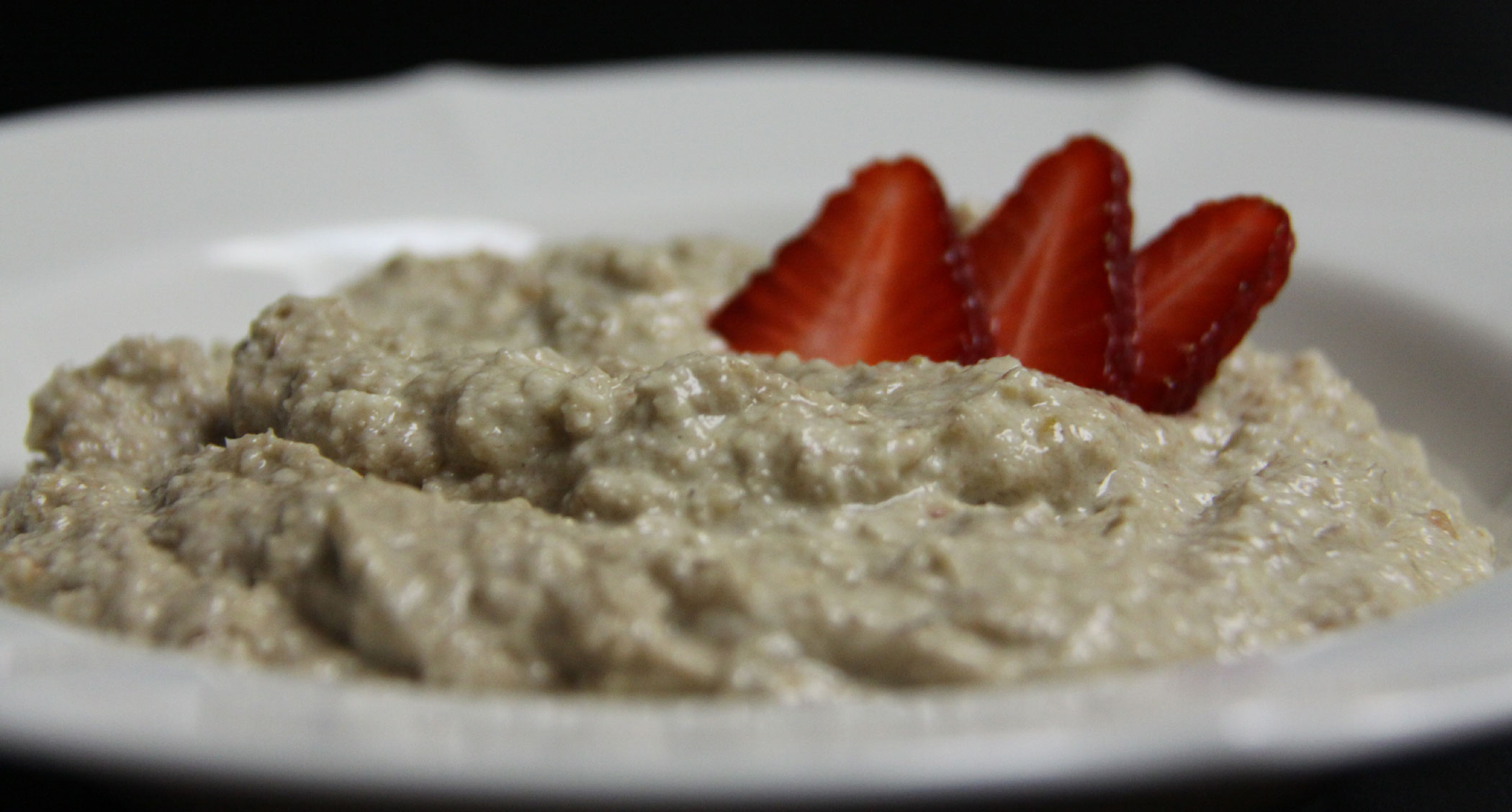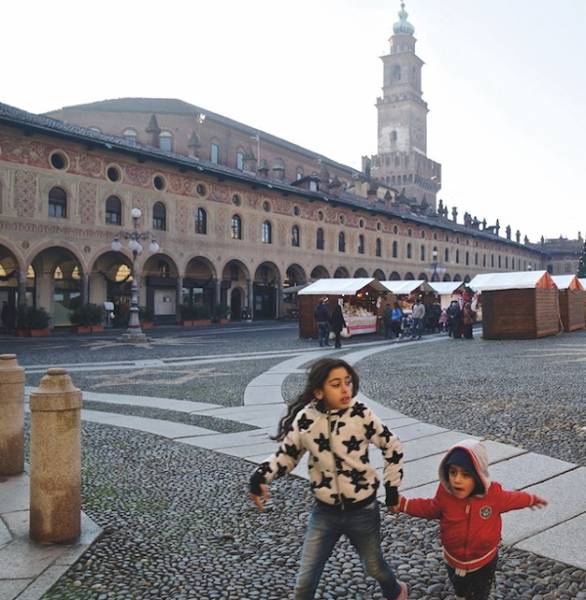 In a previous life, I worked in an advertising agency where one of my clients was a producer of porridge oats. The porridge world at that time was poised on the cusp of revolution, but the every-flavour-under-the-sun-zappable-in-the-microwave-sachets had not yet turned their oaty fortunes around. As a food stuff, it was dying out. Their marketing team explained to me that their consumers came from two distinct demographic groups.
In a previous life, I worked in an advertising agency where one of my clients was a producer of porridge oats. The porridge world at that time was poised on the cusp of revolution, but the every-flavour-under-the-sun-zappable-in-the-microwave-sachets had not yet turned their oaty fortunes around. As a food stuff, it was dying out. Their marketing team explained to me that their consumers came from two distinct demographic groups.
The first was old people, who had grown up with porridge and had eaten it all their lives. They would go to the grave loyally eating hot oats on winter mornings, taking their consumer niche with them. The other section of their consumer-base was the adults who gave it to their children to eat. They didn’t eat, or like, it themselves, but they fed it to their children because it was fed to them as children. Not out of cruelty, you understand, but out of a strong emotional bond with the foodstuff. It represented wholesomeness, good parenting, health and warmth. The children would then grow “out” of it and never eat it again, until they had children and chose to continue the cycle.
I’ve always been fascinated, and a little bewildered, by this phenomenon as it relates to religion. I simply don’t understand the non-believer who decides to raise a child with religion. To be clear, I am not talking about the multitude of people who inhabit that surprisingly large no-man’s land between “belief” and “disbelief” and are keen to keep all their options open. Nor am I referring to those who would like their children to have exposure to, and knowledge of religious, thought. I’m with them, in fact. I’m thinking of those people who are unconvinced of the benefit of hot oats for themselves, but think it’s just fine for the kiddies.
Maybe my brain works in a too binary a fashion. When the first chinks of doubt broke through the religious belief and a teenage me allowed them to develop, it didn’t take long for the avalanche of sliding world views to gather pace, followed by the irrevocable smashing of false gods on the altar of reason. I can’t imagine how hollow it must feel to act as if this never happened – to go to church, to pray, to live a lie – but this is reality for many atheists.
There are the “I-don’t-want-to-indoctrinate-my-child” types who lie in the name of freethinking and liberalism: “My child will be able to make his own decisions and reject religion like I did, if that’s what he wants,” I hear on a regular basis. And, “He can’t do that if he’s only heard one side of the argument.” And then there are the “honestly-it-means-nothing-to-me-so who-cares” nihilists who can’t be bothered swimming against the stream when it’s so much easier to go with the flow. And nobody admits to this, but there is a definite strand of emotional response – the “warming-wholesome-what-made-me-who-I-am” religious porridge that operates on a subconscious level, like so much parenting.
Can we please rethink our understanding of the word indoctrination? I see moulding my children as a crucial part of my job description. Vegetables are good. Road safety is crucial. Racism is bad. It’s only indoctrination, as far as I understand it, if you’re not allowed to question it and judge it in relation to evidence available. Therefore, I have no qualms whatsoever about teaching my children that they are morally answerable to themselves, that science explains the world to the extent that humans are capable of understanding and that Noah’s Ark is a story. No problem at all. In fact, I see it as my duty to pass on any learnings I’ve made.
Would you insist your child didn’t wear seat-belts because you didn’t? Or that they should use a type-writer instead of a computer? Or in relation to the “exposure” argument, surely you wouldn’t send them to listen to racist, homophobic or sexist organisations in order for them to decide properly for themselves? No, you’d make absolutely sure they had their political/moral compass pointing in the right direction, I’m pretty sure.
No, indoctrination only exists when you’re not allowed to argue otherwise, atheism included. I could do worse than my own parents who brought me up according to their own best understanding of the world. In their case, it was a theistic view, with, happily for me, a benevolent and friendly god at its centre. But most importantly, we were allowed to question. “Could Mary not have just lied about the ‘God’ thing because she was pregnant and unmarried?” asked the 8 year-old me. “Maybe,” answered my mum, followed by intense discussion about how hard that would have been. I only hope I can be as chilled if my own kids question my own firmly-held views.
So if you're not a believer, please don't patronise your kids by passing on what you have rejected yourself.
For the record, I have nothing against porridge. In fact, I’m a fan, which is why I feed it to my children. Whether they will pass it on to their own remains to be seen.

